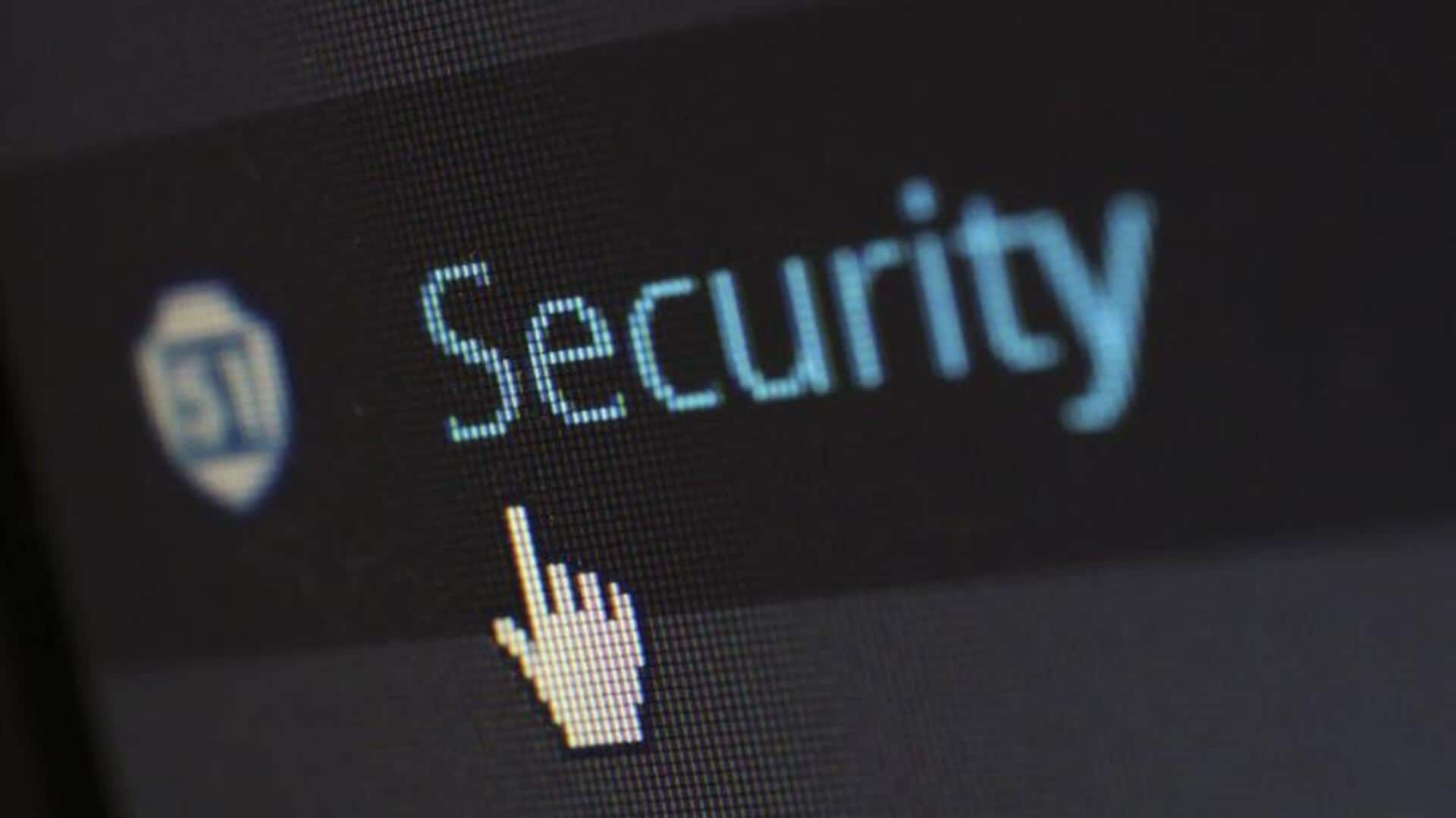
How to keep your digital files safe
What's the story
In today's digital world, organizing and securing files is more important than ever. With the increasing amount of data we handle daily, having a proper system can save time and reduce stress. From personal documents to work-related files, an organized approach ensures that you can access what you need without hassle. Here are some practical tips to help you keep your digital files organized and secure.
Tip 1
Create a logical folder structure
Start by creating a logical folder structure on your device or cloud storage. Group similar files together in folders with clear names that reflect their content or purpose. For example, create separate folders for work, personal documents, photos, and so on. This way, you can easily navigate through your files without wasting time searching through a jumbled mess.
Tip 2
Use descriptive file names
Naming files descriptively is key to keeping them organized. Instead of using generic names like "Document1," use specific titles that describe the content of the file. Include dates or version numbers if necessary. This practice makes it easier to locate specific documents later on and reduces confusion when multiple versions exist.
Tip 3
Implement consistent naming conventions
Consistency is key when it comes to naming conventions. Decide on a format that works for you and stick to it across all your files and folders. This could mean using underscores instead of spaces, or including dates in YYYY-MM-DD format. A consistent naming convention helps in sorting and retrieving files quickly.
Tip 4
Regularly back up your data
Backing up your data regularly is key to keeping it secure from loss due to hardware failure or accidental deletion. Use external hard drives or cloud services to back up important files on a regular basis. Set reminders for periodic backups so that you don't miss out on this crucial step.
Tip 5
Use encryption for sensitive information
For sensitive information, encryption is a must. Use software tools that encrypt files or entire folders with passwords or encryption keys. This adds an extra layer of security against unauthorized access, ensuring that only those with the correct credentials can view sensitive data stored digitally.